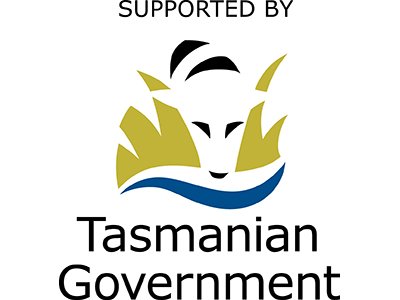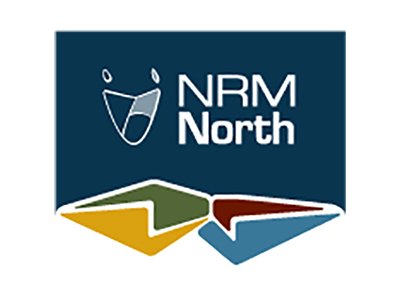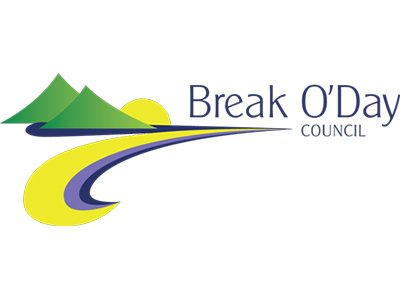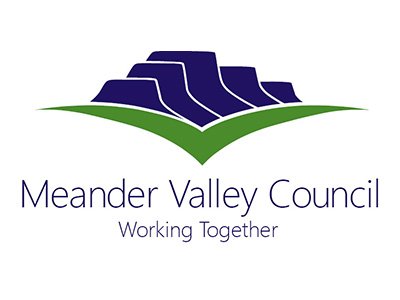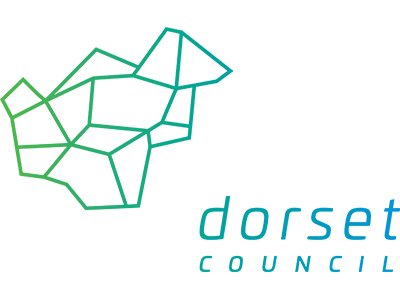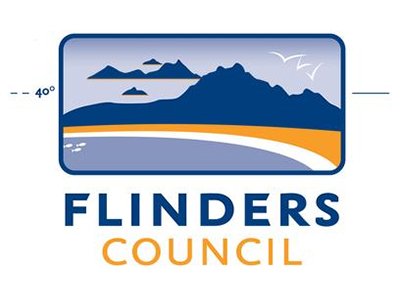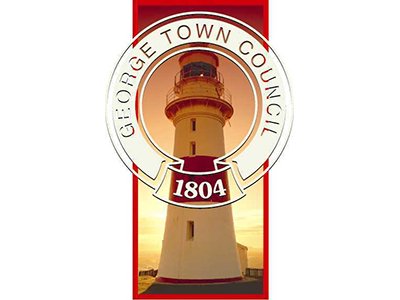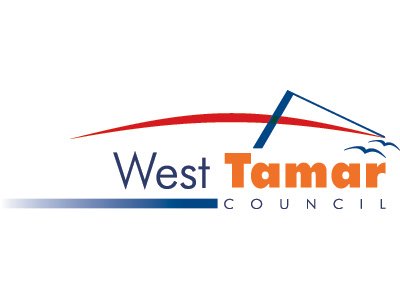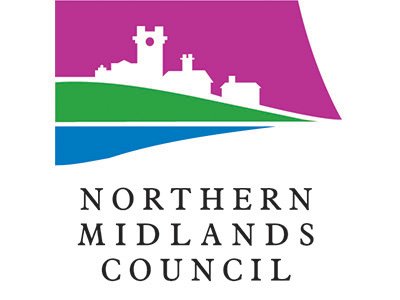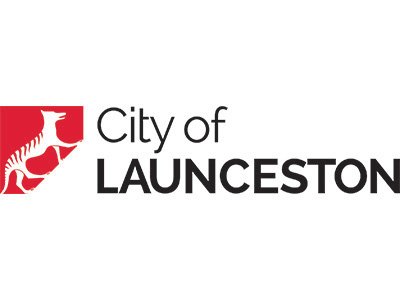Household Hazardous Waste Collection
Safeguard your home and environment by responsibly disposing of hazardous waste. The Household Hazardous Waste Collection helps clear out potentially dangerous substances like cleaning solvents and garden chemicals.
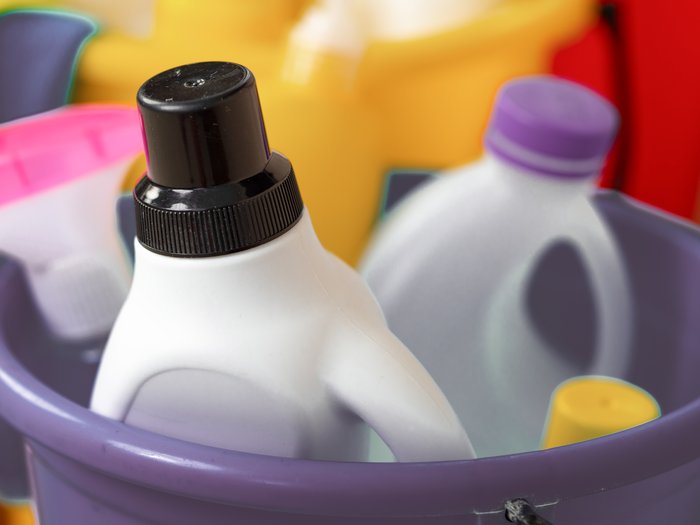
What is household hazardous waste?
What is household hazardous waste?
Household hazardous waste refers to the chemicals used in and around the home that are flammable, toxic, explosive, or corrosive. The average Australian home stores many hazardous substances including everyday household items such as bleach or other cleaning solvents, as well as garden and pool chemicals.
It is dangerous to dispose household hazardous waste in your general rubbish or recycling bin. These chemicals can cause fires in bins and garbage trucks, creating a safety hazard for truck drivers, the general community, and the environment. Correct disposal of these chemicals, through household hazardous waste collections, reduces waste that ends up in landfill or disposed of in ways that can impact the health of our waterways.
Household hazardous waste collections
Household hazardous waste collections
Household hazardous waste collections refer to the collection of chemicals not usually able to be collected at waste transfer stations due to safety risks.
On specific days residents can dispose of items for free during collection times with the support of a qualified chemist, storage, and transport provider.
Once collected the chemicals are packaged and transported to be disposed of safely, following appropriate environmental procedures.
These collections are undertaken by Circular North, in collaboration with local Councils.
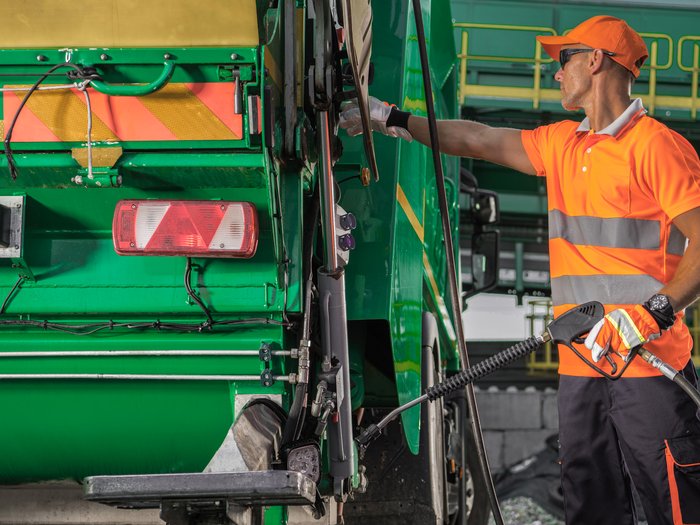
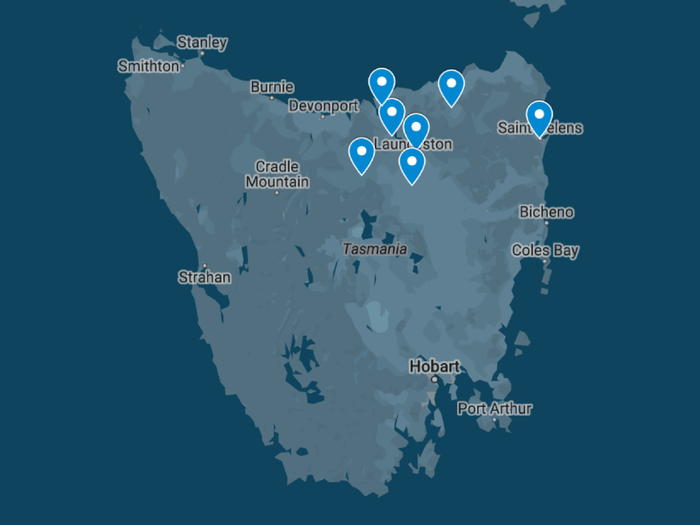
Collection locations and dates
Collection locations and dates
Exeter | Wednesday 1 May 2024 | 10 am – 1pm
Biboo St, Exeter
Longford | Wednesday 1 May 2024 | 2pm – 5pm
291 Marlborough St, Longford
Launceston | Saturday 4 May 2024 | 9am – 4pm
19 Cavalry Rd, Mowbray
George Town | Wednesday 8 May 2024 | 10am – 1pm
111 Mount George Rd, George Town
Deloraine | Wednesday 8 May 2024 | 2pm – 5pm
54 Tip Rd, Deloraine
Scottsdale | Wednesday 15 May 2024 | 9am – 12pm
750 Bridport Rd, Jetsonville
St Helens | Wednesday 15 May 2024 | 1pm – 4pm
Eagle Street, St Helens
For a detailed map of locations, please click here
Quick Q&A
Quick Q&A
Eligible customers include:
- Residents and householders
- Retired farmers with old stock
- Customers from newly acquired holdings with chemicals left behind
The following customers are not eligible to take part:
- Active businesses
- Schools
- Community groups (case-by-case)
Customers who are not able to take part can make their own arrangements with the service provider: ben.mooney@dmnenviro.com.au
Yes.
- Per container: 20 kg / 20 L
- Per customer: 100 kg / 100 L
Any more would require a dedicated chemical collection and disposal service.
Chemicals included in household hazardous waste collection:
- Solvents and household cleaners
- Floor care products
- Ammonia-based cleaners
- Pesticides and herbicides
- Poisons
- Pool chemicals
- Hobby chemicals
- Acids and alkalis
- Farm vet chemicals
Certain high-risk occasional or unusual chemicals including but not limited to dieldrin / DDT and mercury will be accepted. Please contact ben.mooney@dmnenviro.com.au to seek specific advice.
Chemicals excluded from collection:
- Motor oil
- Asbestos
- Pharmaceuticals
- Fire extinguishers
- Ammunition and explosives
- Chemicals from commercial businesses
To disposal of your chemicals safely:
- Make sure lids are fitted tightly
- Protect taps on drums so that they do not break off
- Consider placing containers of liquids on a tray or plastic bucket so they do not spill or fall
- Keep corrosive chemicals such as battery acid away from poisons
- Separate oxidising agents such as peroxide from all other materials
- Consider double wrapping old liquid containers in plastic bags to prevent leaking
- If possible. travel with chemicals in a trailer or the back of a Ute, not inside the vehicle.
- If possible, keep chemicals in their original containers
Resources
Resources
More information
If you wish to find out more about the household hazardous waste collection, please contact:
Operations Manager – Land & Sustainability
Email: admin@nrmnorth.org.au
Phone: 03 6333 7777
Partners
Circular North is supported by the Tasmanian Government, through the Tasmanian Waste and Resource Recovery Board.
Partners
Circular North is supported by the Tasmanian Government, through the Tasmanian Waste and Resource Recovery Board.
